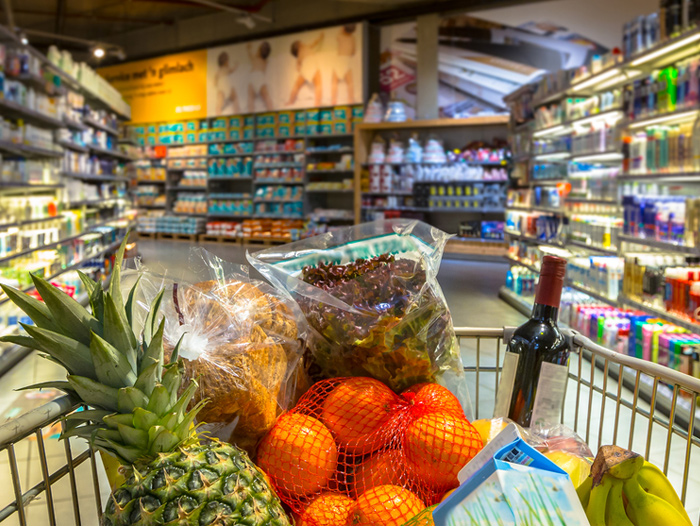Fruits and Tree Nuts Face Stormy Trade Amid U.S. Tariff Threats
April 3, 2025 | 1 min to read
US import tariffs are likely to increase retail prices for tropical fruits and seasonal fruits, while undermining the competitiveness of the US tree nut industry. Over the past thirty years, US agricultural trade has evolved, leading to trade deficits in horticultural products and sugar, despite surpluses in cereals and dairy. The situation highlights the nation’s reliance on imports for fruits and vegetables while maintaining a surplus in tree nuts due to its comparative advantages.

US import tariffs could significantly raise retail prices for tropical fruits and some seasonal fruits, while impacting the competitiveness of the US tree nut industry.
Trade liberalization, regional specialization, and year-round demand have transformed US agricultural trade over the past three decades. The US now faces increasing trade deficits in horticultural products and sugar, while maintaining surpluses in cereals, grains, oilseeds, and dairy. In recent years, the US agricultural trade balance has shifted from a historical surplus to a deficit.
US horticultural trade illustrates the economic theory of specialization and trade. Due to its comparative advantages, the US has a trade surplus in tree nuts like almonds, pistachios, and walnuts. Conversely, it relies on imports for fresh fruits, vegetables, flowers, ornamentals, and other products where its trading partners have climate and labor-cost advantages.
To learn more, please visit Rabobank.
